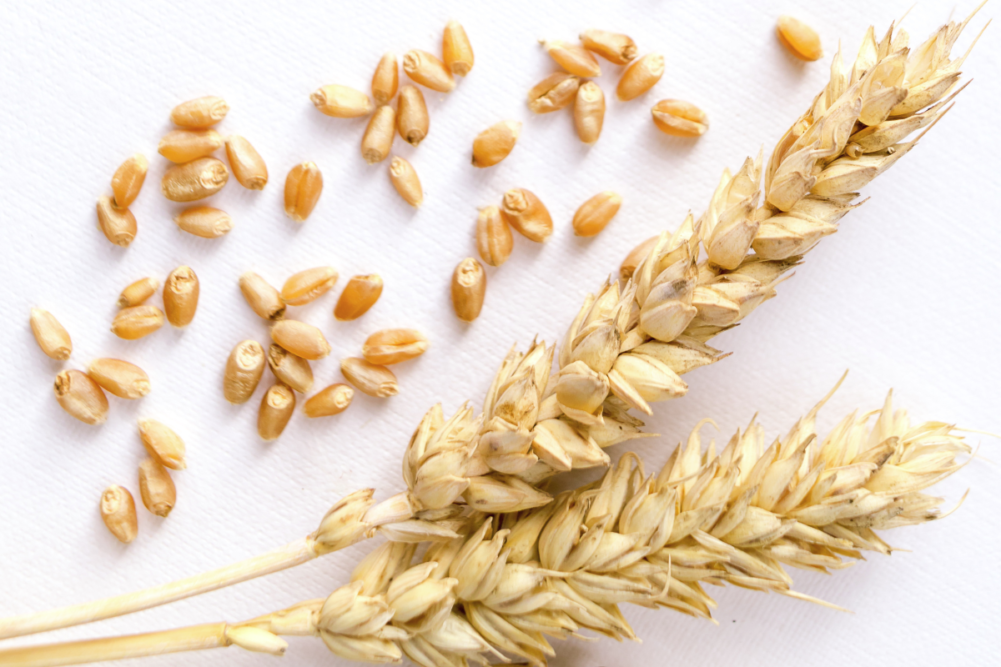RUSSELL, KANSAS, US — PureField Ingredients has completed an expansion at its facility in Russell that will increase annual production of its Heartland brand wheat protein by 50%.
“What we’ve done with this expansion is, it has allowed us to add new customers and deepen our relationships with existing customers,” said Brad Kelley, chief executive officer.
Given PureField extracts wheat protein solely from Kansas-grown wheat, the company’s wheat protein ingredients give food manufacturers a domestic source of plant protein for their products.
“As we all know, global supply chain issues have been impactful across the board today,” Kelley said. “Those issues have become more apparent as much of the wheat protein used in the US is imported. Couple that with the fact that in general consumers want to feed their families healthy food and want it be grown and made in the US, and that creates the opportunity for PureField to provide a solution that satisfies the needs of both customers and consumers.”
The company already is planning for another extension at the facility, too. Continued demand growth for PureField Ingredients’ wheat protein has come from the bakery, pet food, packaged food and vegetarian and vegan food markets, according to the company. Wheat protein also may be used in plant-based meat alternatives, Kelley said.
PureField Ingredients cited MarketsandMarkets data projecting the global wheat protein market to reach $3.1 billion by 2026 from $2.4 billion in 2021. Mr. Kelley listed two advantages that wheat protein has as a plant protein option. Unlike some other sources of plant protein, all wheat grown in the United States is non-GMO. Second, wheat protein does not bring any off-flavors or texture issues into applications.
“Wheat protein is very clean, very palatable,” Kelley said. “When incorporated into foods, it provides a great texture and great functionality that food companies find to be very useful.”
PureField also recovers starch from the wheat, and the company’s co-product facility uses the starch to produce low carbon intensity renewable biofuel along with animal feed for local farms.
“In order to be sustainable and efficient, we use everything that we bring in,” Kelley said.
PureField Ingredients, when processing wheat, makes flour and extracts the protein with water, he said. The starch stream carried along with the water becomes sugar, and the sugar becomes alcohol to make biofuel.
In a sustainability move, PureField began developing a carbon capture and sequestration project in 2020 that will capture the high-purity carbon dioxide byproduct from the company’s production process and sequester it underground.
“This is going to significantly reduce our carbon footprint and extend PureField’s leadership position as a sustainable supplier,” Kelley said.




